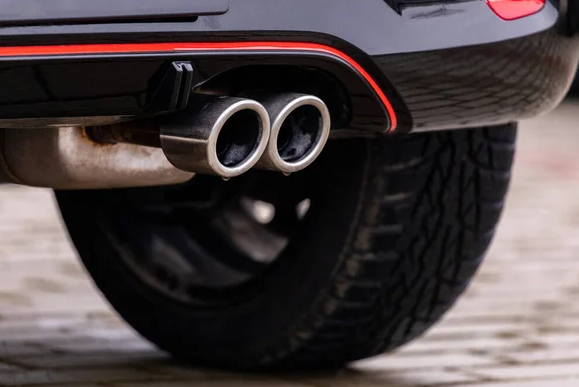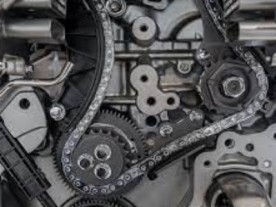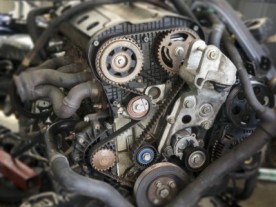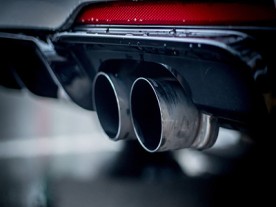Your vehicle's exhaust system plays a vital role in its overall performance and efficiency. One of the key components of this system is the exhaust pipe, which is responsible for expelling the hot and harmful gases produced by the engine out of the car. Choosing the right exhaust for your vehicle is critical to ensuring optimum performance, fuel economy and sound quality.
Here are some factors to consider when choosing the right exhaust for your vehicle:
Materials: The most common materials used in exhaust pipes are stainless steel, aluminized steel, and mild steel. Stainless steel is the most durable and corrosion-resistant, making it the best choice for people living in areas with severe weather. Aluminized steel is more affordable than stainless steel and offers good durability and corrosion resistance. Mild steel is the cheapest option, but is prone to rust and corrosion.
Exhaust pipe diameter: The diameter of the exhaust pipe plays an important role in the performance of the vehicle. Larger diameter pipes will allow for better airflow, which increases horsepower and torque. However, if the pipe is too large, it can cause a loss of back pressure, which will result in a drop in low-end power. The right balance must be found between airflow and backpressure for optimum performance.
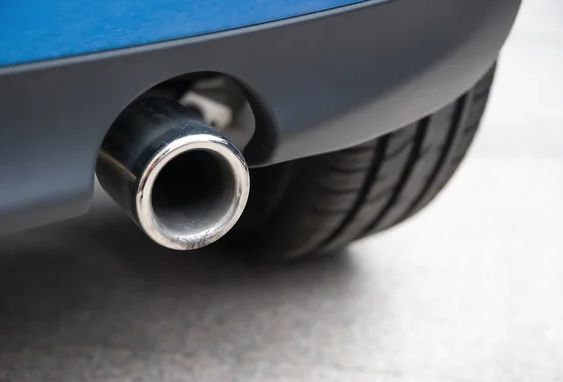
Mandrel Bending: The process of mandrel bending involves using a mandrel to support the inner wall of the pipe during the bending process, ensuring that the pipe retains its shape and diameter. This method is superior to extrusion bending because it produces smoother bends without any wrinkles or kinks. Mandrel bends also provide improved flow compared to extruded bends.
Catalytic Converter Compatibility: If your vehicle has a catalytic converter, it is important to choose an exhaust that is compatible with it. Catalytic converters are responsible for reducing harmful emissions, and choosing the wrong tailpipe can lead to reduced efficiency and increased emissions.
Sound Quality: The exhaust system plays an important role in the sound of your vehicle. If you prefer a louder, more aggressive exhaust note, you may want to opt for larger-diameter pipes and straight-through mufflers. On the other hand, if you prefer a quieter ride, smaller-diameter pipes and chambered mufflers may be a better choice.
Legal Requirements: It is vital to ensure that the exhaust pipe you choose complies with local laws and regulations. Some areas have strict noise restrictions, so it's important to do your research before buying.
In summary, choosing the right exhaust for your vehicle is critical to ensure optimum performance, efficiency and sound quality. When making your decision, consider factors such as materials, exhaust diameter, mandrel bending, catalytic converter compatibility, sound quality, and legal requirements. By doing so, you can enjoy a smoother, more efficient and more enjoyable driving experience.

